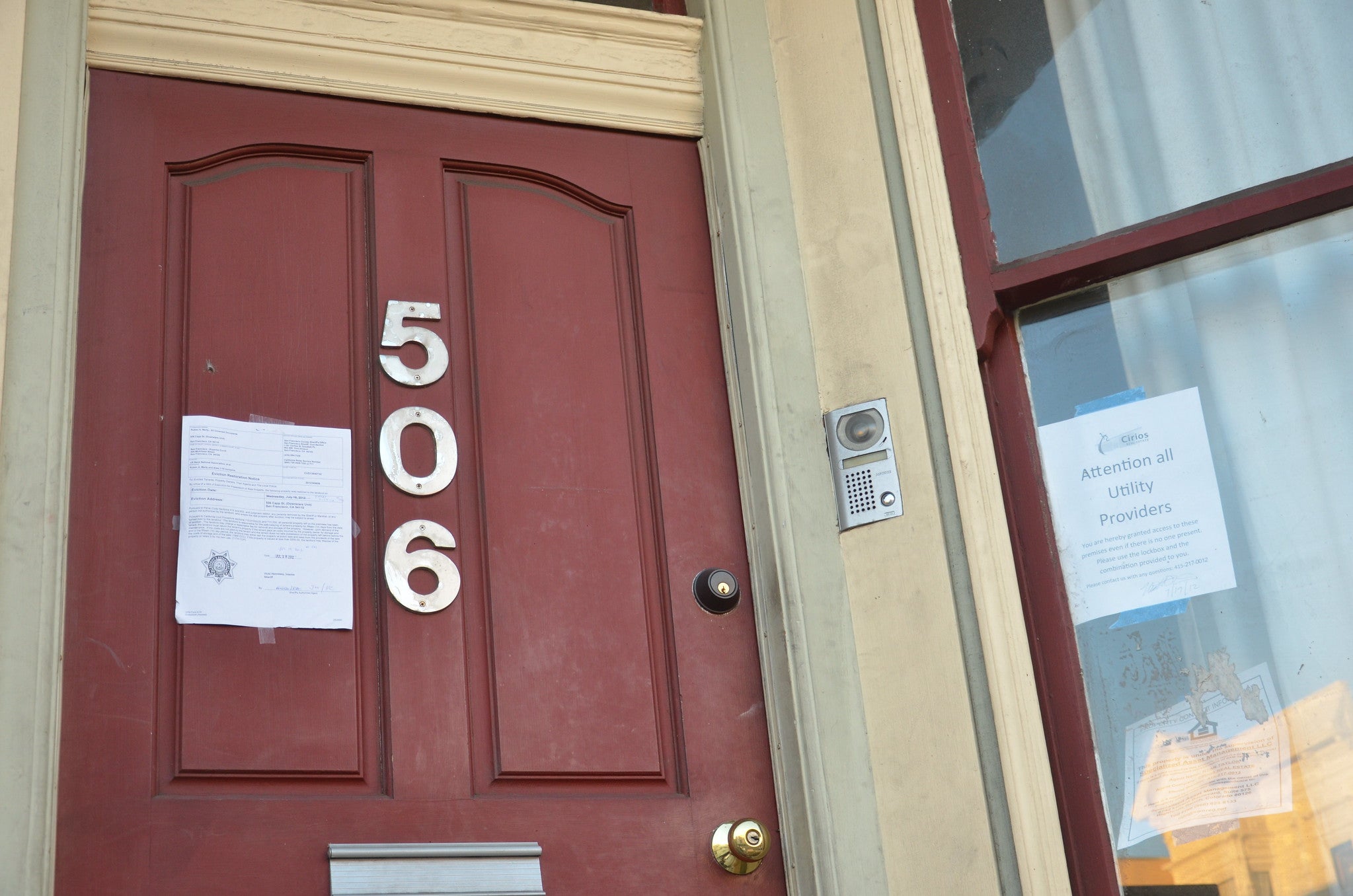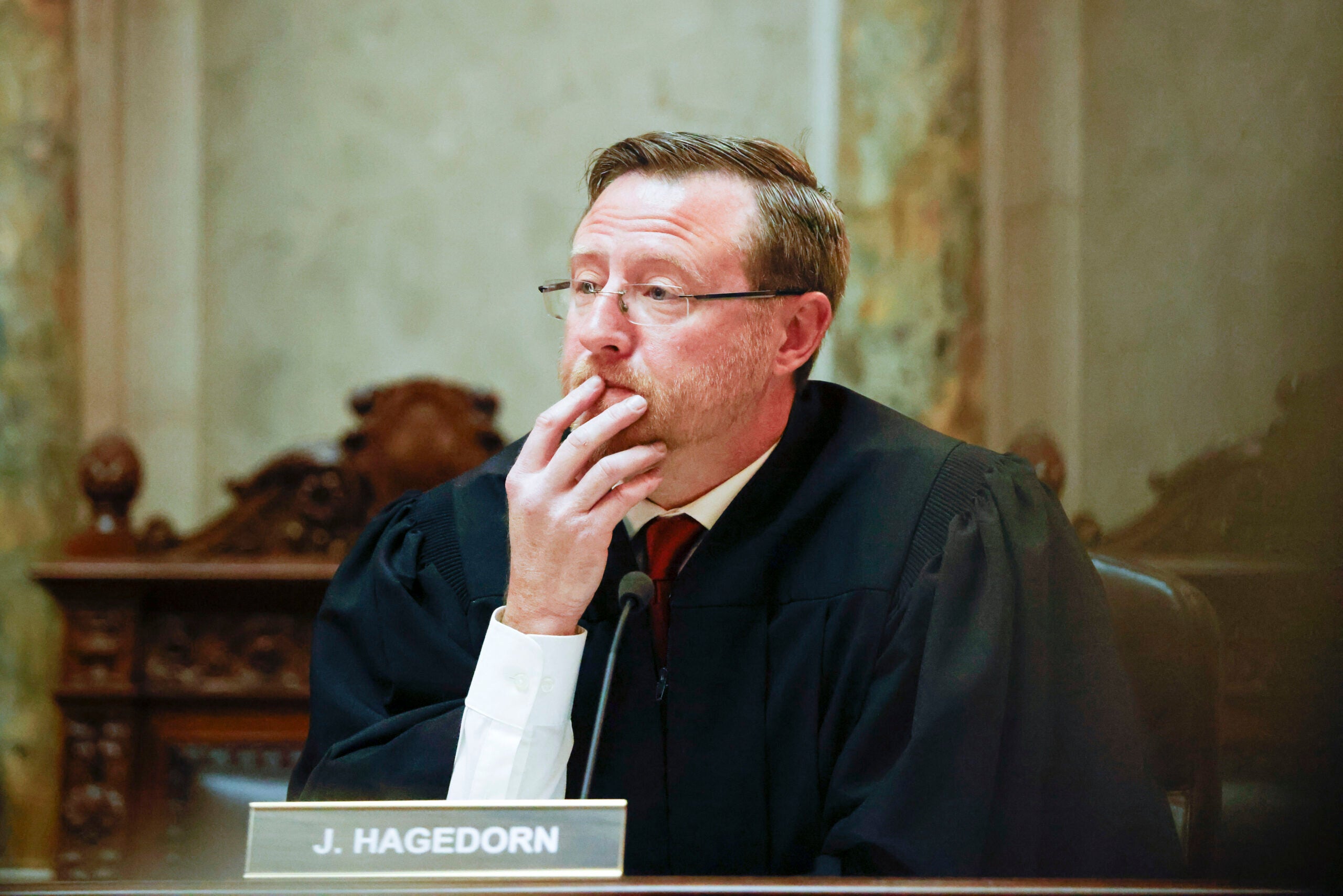The liberal majority of Wisconsin’s Supreme Court is siding with tenant advocates who sought to curb public view of someone’s prior eviction records.
Under existing rules, courts are required to keep records from most evictions for twenty years after a case is closed. But under the recently-advanced proposal, evictions records in many instances would be scrubbed from a statewide court website after just two years.
During an open rules conference on Wednesday afternoon, justices voted 4 to 3 to have a court commissioner draft a revised order that includes the agreed-upon changes. Once that order is circulated, a majority of justices will need to sign on to it, so that the changes could take effect in 2025.
Stay informed on the latest news
Sign up for WPR’s email newsletter.
Justice Brian Hagedorn joined the other conservatives in voting against. He worried the changes would be burdensome for courts and suggested concerns about housing could be better addressed by the Legislature.
“It just feels very odd to me that we as a court would step in, close access to public records as the response to this issue,” Hagedorn said.
Wednesday’s vote follows a petition from Legal Action of Wisconsin. The nonprofit asked justices to change Wisconsin court rules so that records from evictions cases without a monetary judgment would need to be kept for only one year.
The amended rules advanced Wednesday, however, differ somewhat from Legal Aid’s original petition and would set a timeline for retention of two years instead of one.
Even though the petition has been modified, Legal Action staff attorney Korey Lundin said the group is “very happy” about Wednesday’s vote.
“It’s not what we asked for, but it will make a huge impact on renters throughout Wisconsin,” Lundin said.
He said even though online eviction records often tell an incomplete story, those records can make it harder for low-income Wisconsinites to find decent and affordable housing.
“It’s also going to have a huge impact on renters, particularly in larger communities like Madison and Milwaukee, which have higher rates of eviction filings,” Lundin said of the changes. “Those places also have higher rates of eviction actions, which are disproportionately filed against renters of color.
Landlord groups spoke out against altering the record retention schedule during a public hearing last month. They argued the changes could drive up the costs of doing business, which could lead to steeper costs for tenants, including higher screening fees.
Lundin dismissed those concerns, however.
“It’s an argument that has been used for decades to try and stop the advance of progress of rights of renters,” he said. “With the housing market being in such crisis as it is now, the vacancy rates for most rentals are so incredibly low, that we don’t expect landlords to be increasing fees over these sorts of things.”
Editor’s note: This story has been updated to more accurately describe the amended rules.
Wisconsin Public Radio, © Copyright 2025, Board of Regents of the University of Wisconsin System and Wisconsin Educational Communications Board.






